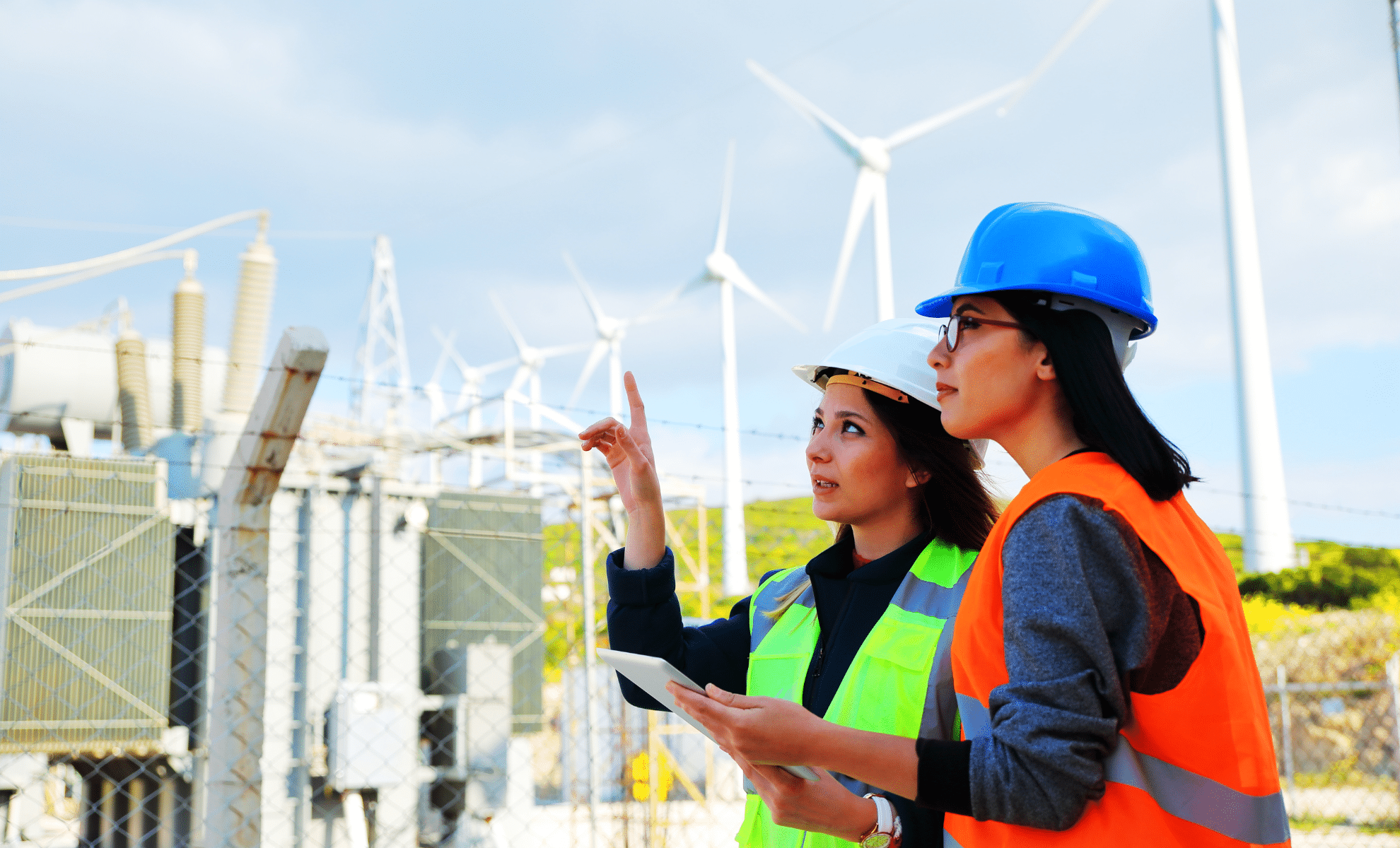Sir Keir Starmer and shadow chancellor Rachel Reeves are facing internal criticism within the Labour Party due to their growing reservations about the party’s key environmental policy during an election year. As dissent brews within Labour circles, concerns are mounting over the party leadership’s cooling stance on this flagship environmental initiative.
Labour’s Green Investment Journey
The opposition leadership’s commitment to invest £28 billion annually in the “Green Prosperity Plan” has transformed from a steadfast promise in 2021, facilitated by increased borrowing, to a more tentative “ambition” with the intention of securing funds in the latter half of the next Parliament, contingent on fiscal rules.
Despite the urgency imposed by the climate crisis and the imperative to reshape the UK’s economy with low-carbon initiatives in energy, transport, and industry, critics argue that Sir Keir is facing a leadership test and inadvertently opening himself to Conservative attacks on his perceived lack of principle.
Labour MP Barry Gardiner, a former energy and climate change secretary, deems the party’s leadership short-sighted, emphasizing the inevitability and importance of the Green Prosperity Plan for sustainable economic growth.
Following Liz Truss’s disruptive unfunded borrowing plans, the Conservatives have put Labour on the defensive by portraying the green project as a tax burden on ordinary families.
Sir Keir, speaking at a high-powered business conference, positioned the green transition as a significant opportunity for the future generation and technological advancements. However, the funding aspect remains uncertain.
Shadow chancellor Rachel Reeves, when questioned about criticism from party adviser Jürgen Maier, declines to re-commit to the £28 billion plan, highlighting his expertise in transport rather than the environment.
Labour’s Green Commitment and Fiscal Realities
Three years ago, Rachel Reeves, Labour’s shadow chancellor, declared her ambition to be the “first green chancellor” and emphasized the urgency of investing in climate change mitigation. However, in light of soaring government debt costs, she now asserts Labour’s commitment to fiscal responsibility.
Baroness Young of Old Scone supports fiscal probity but criticizes the Conservatives for their inconsistent stance on the environment. She argues that the Tories’ flip-flopping damages public commitment and business investment, portraying Labour’s green commitment as essential for the future.
Rebecca Newsom from Greenpeace UK criticizes Labour’s recent backtrack, asserting that prioritizing green investment is crucial for national renewal and offers substantial growth and job opportunities. She emphasizes that voters favor policies like renewables and home insulation, urging politicians to act promptly.

William Turner is a seasoned U.K. correspondent with a deep understanding of domestic affairs. With a passion for British politics and culture, he provides insightful analysis and comprehensive coverage of events within the United Kingdom.








